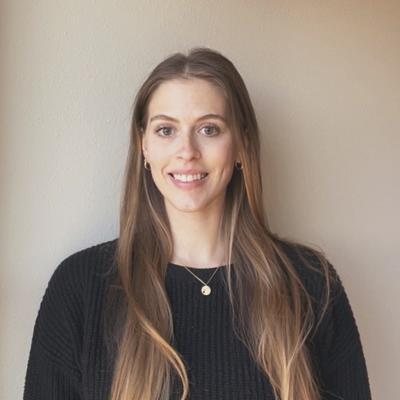From Research to Reddit: Earth Lab's Fire Outreach
For Earth Lab, increased attention to wildfire dynamics from the public is an exciting development and allows us opportunities to connect with our communities.

Image of the High Park Fire in Colorado (2012).
On May 17-19, 21, and 26, Earth Lab researchers attended the Wildfire in the Biosphere Innovation Lab, hosted by the National Science Foundation. This event was designed for researchers to discuss the future of fire science, identify key research opportunities, and summarize findings in one (or more) research papers. Their main takeaways were that fire science must have a more holistic approach where basic research aligns with applied science and that conceptualizes fire as a socio-environmental phenomenon and integrates multiple disciplines and data sources. Viewing fire in this manner will assist in proactive research and management. Future fire scientists will be trained to analyze the wealth of relevant data for better prediction and forecasting. A special feature is expected in 2022 with ~16 papers from this workshop.
As the fire season lengthens and drought and extreme heat become more common, the likelihood of extreme fire events increases in the western U.S. (Stavros et al. 2014; Joseph et al. 2020). Meanwhile, more people and homes are threatened by disaster (Mietkiewicz et al. 2020). In fact, 57% of structures in the U.S. lie in hazard hotspots (Iglesias et al. 2021). But even for those who have not lost homes or do not live in at-risk areas, the effects are impossible to ignore. Smoke has become more of a daily occurrence than a rare event, stretching across the country and traveling across oceans. As more people feel the impacts, they want to know more about this phenomenon.

Image of the Cameron Peak Fire, the Colorado's largest wildfire in recorded history.
Media and Earth Lab
For Earth Lab, increased attention to wildfire dynamics from the public is an exciting development and allows us opportunities to connect with our communities. Most often, this is done via interviews and articles written by traditional news media outlets. Before the recent 4th of July weekend, Director Jennifer Balch was interviewed by three media organizations, urging people to not use fireworks in light of the unprecedented drought currently ravaging 89% of the West. Her work,and others’ in Earth Lab, on fire has been featured over 160 times in traditional news media over the last 5 years, with a marked increase after groundbreaking publications (e.g. Balch et al. 2017), and dramatic fire seasons (e.g. 2020, when Colorado experienced several of the worst fires in its history).
However, Earth Lab’s research also pops up in more informal social media - a graph in Mietkiewitz et al (2020) regarding the timing of human and naturally started fires was posted multiple times and received hundreds of upvotes on the r/Boulder, r/Colorado, and r/TheFrontRange subreddits before the 4th of July weekend. Reddit has also previously posted more traditional news articles about Earth Lab, and the education team also hosts a variety of social media accounts - Twitter, LinkedIn, Youtube, and Facebook - that seek to disseminate information about events, activities, and useful information. This is a great example of Earth Lab’s research being presented in an accessible way and therefore being spread through non-traditional channels.

A sample of the videos Earth Lab has on its Youtube channel.
As fire impacts more of our daily lives in the western U.S., people will increasingly be interested in what is causing these trends and what we can expect in the future. In line with the Wildfire and the Biosphere Innovation Lab’s findings, fire science and management should strive to be more interdisciplinary, integrated, and capable of adapting to our new fiery world. This includes actively reaching out to the media and spreading awareness of fire impacts and research. Ultimately, engaging the public to be a part of creating more fire resilient communities; this is one of the most important management tools.

A controlled burn near Tacoma, Washington.
Interested in Learning More?
Earth Lab’s fire research, both presently and in the past, has covered a diversity of projects and subjects. These include the changing nature of fire regimes, carbon storage related to fires, the health impacts of smoke, and the role of invasive species in altering fire cycles. Visit our website, earthlab.colorado.edu, for more details about these projects.
Check out these media pieces!
- “New study shows growing development in areas at risk for natural disasters”, Chloe Nordquist, Denver7
- “Drought woes in dry US West raise July 4 fireworks fears”, Lindsay Whitehurst, Associated Press
- “Bringing tech innovation to wildfires: 4 recommendations for smarter firefighting as megafires menace the US”, Natasha Stavros, The Conversation
- “The era of the megafire: how the west became ripe for destructive blazes”, Natasha Stavros in the Washington Post (6 min YouTube)
- “Is wildfire smoke bad for your health?”, Lisa Marshall, CU Boulder Today



